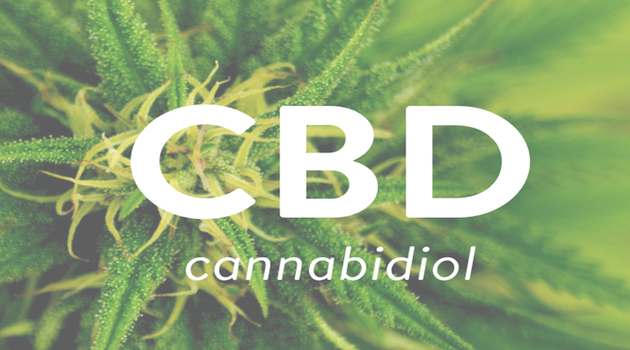Study: Australian researchers prove CBD’s potential as an antibiotic
Over 23,000 people die as a result of antibiotic resistance annually, but CBD could help to tackle the global threat
Fresh research from Australia has pinpointed the antibiotic properties of cannabis and hemp’s non-psychoactive cannabinoid CBD (cannabidiol). This naturally occurring chemical compound, which can be extracted from the plant by steam distillation, CO2 or ethanol extraction, was investigated by a team of researchers from the University of Queensland.
The team was fronted by Dr. Mark Blaskovich – a Senior Research Officer with over 16 years of experience in extensive medical chemistry. Previously he worked as Chief Operating Officer at Mimetica, where he was able to develop melanocortin-5 receptor antagonist compounds that are now being used in Phase II human trials.
“Given cannabidiol’s documented anti-inflammatory effects, existing safety data in humans, and potential for varied delivery routes, it is a promising new antibiotic worth further investigation,” explained Dr. Blaskovich, who worked in collaboration with Botanix Pharmaceuticals Ltd. to conduct the study.
CBD could help with hard-to-treat conditions
Dr. Blaskovich, who authored ‘The Handbook on Syntheses of Amino Acids,’ discovered that CBD is equally as potent as various antibiotics currently being utilized in the medical industry. Examples of pharmaceutical drugs he and his team compared Cannabidiol against include daptomycin and vancomycin.
CBD showed promise in fighting against the bacterial instigators of widespread infections, also known as gram-positive bacteria. The cannabinoid also managed to disturb the growth of bacteria (biofilms) that contribute to tough-treating conditions.
“The combination of inherent antimicrobial activity and potential to reduce damage caused by the inflammatory response to infections is particularly attractive,” said Dr. Blaskovich.
The U.S. Food and Drug Administration (FDA) approved CBD as a treatment for two rare types of epilepsy — Dravet Syndrome and Lennox-Gastaut syndrome (LGS) — in June 2018. The cannabinoid is also being studied for its potential as an anti-inflammatory, pain reliever and anxiolytic. However, since cannabis is still illegal at the federal level, research has been hindered.
Antibiotic-resistant bacteria are a global threat. Currently, there is no system in place to monitor antibiotic resistance cases around the world. Modern medicines could become useless if nothing is done to combat the growing global crisis, where 23,000 people die as a result of antibiotic resistance annually.
Dr. Blaskovich and his team of Australian researchers reported that CBD managed to maintain its bacteria-fighting abilities extremely well in comparison to other frequently used antibiotics. In fact, CBD was equally as powerful at fighting bacteria as daptomycin and vancomycin. What’s more, the cannabinoid maintained effectiveness for prolonged periods of time. Their data was revealed at the annual ASM Microbe conference hosted by the American Society for Microbiology.









